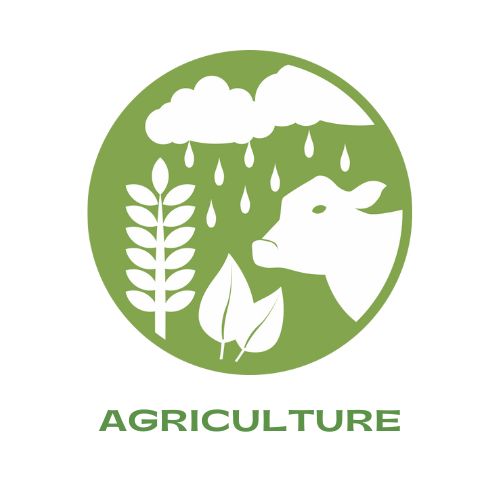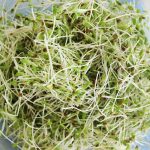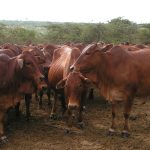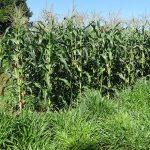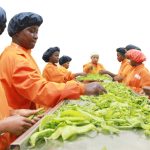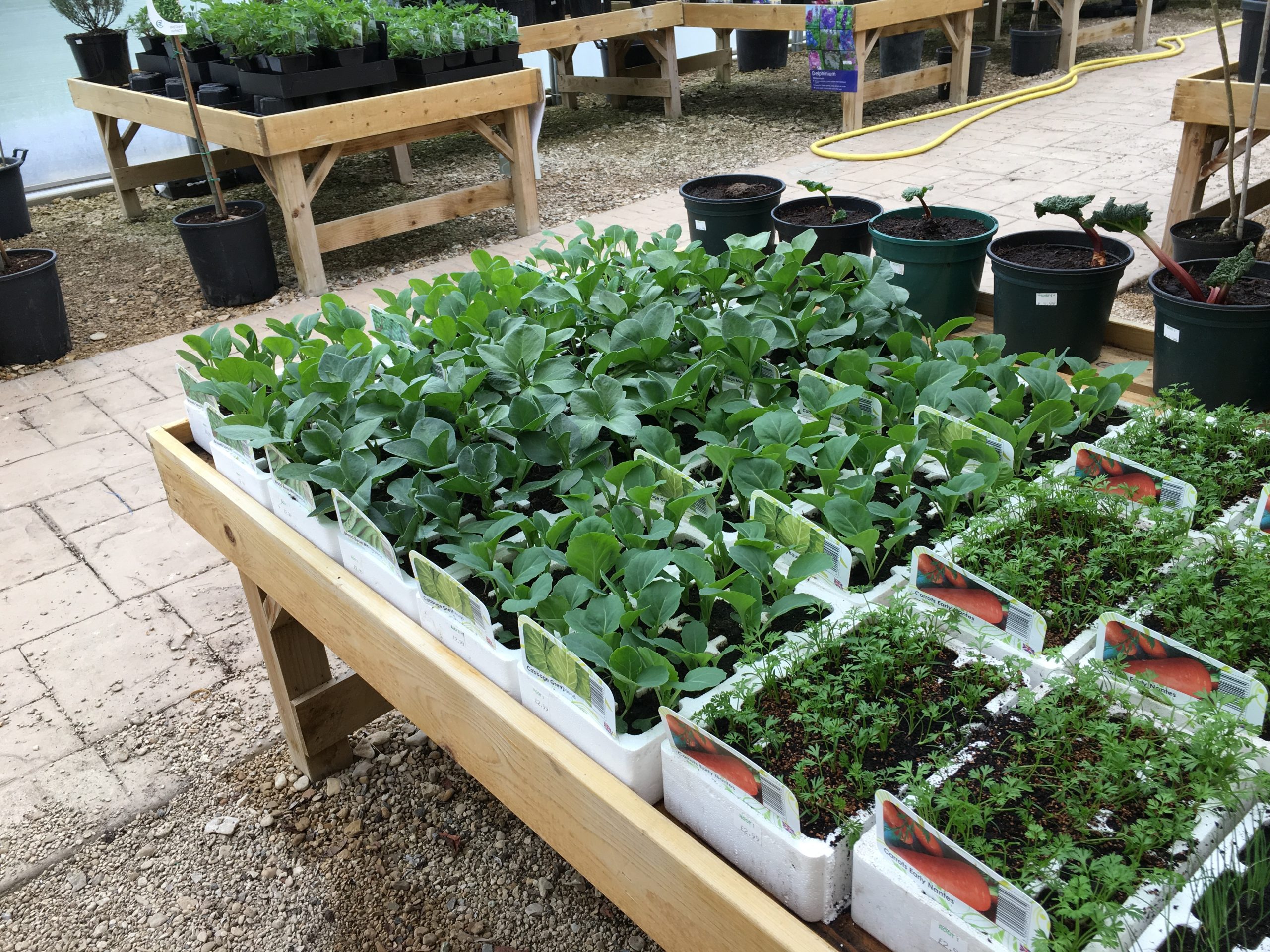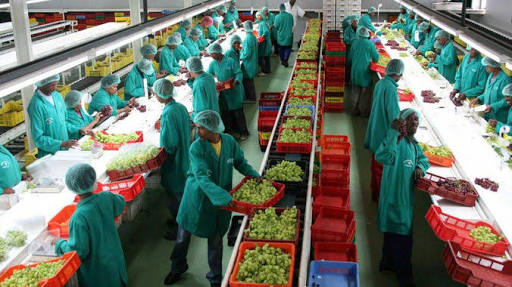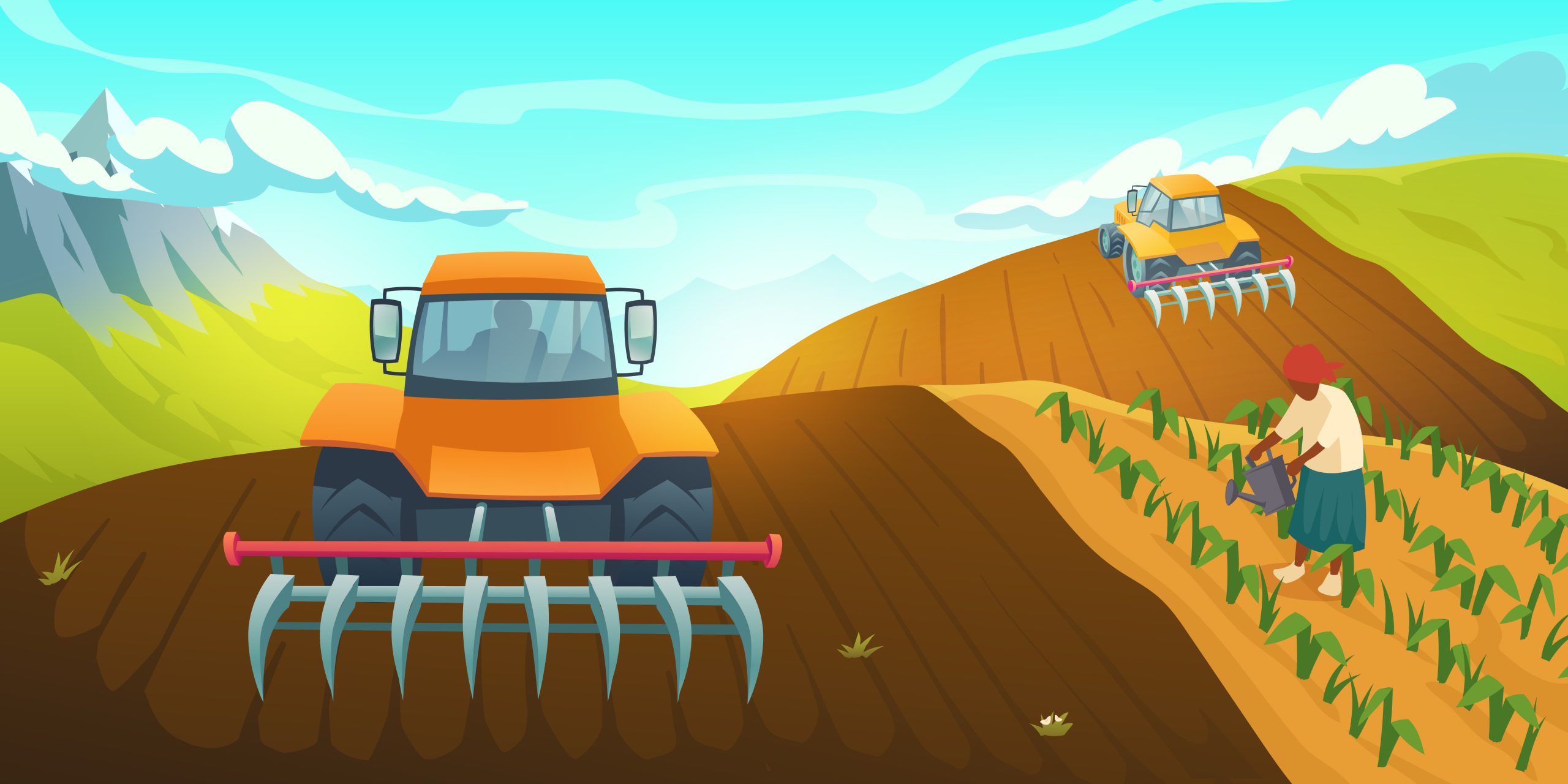Quality seeds are the most basic yet pivotal input for productive and resilient farming. Kenya’s seed sector has rapidly evolved over the years, with research institutions, private companies and regulators playing key roles in varietal development, certification and dissemination. But challenges like climate change impacts, counterfeits and access constraints persist, especially for smallholder farmers. This comprehensive post analyzes the seed market’s structure, contributions, technologies, policies and future potential to continue catalyzing agricultural advancement in Kenya.
Introduction
Seed development represents a foundational investment in Kenya’s future food security and agricultural competitiveness. Quality seeds possessing desired traits and genetics ensure optimal germination, growth and harvests. Kenya’s vibrant seed industry encompasses research institutions developing new varieties, regulators certifying seeds, and enterprises multiplying and distributing seeds to farmers. But complex challenges related to climate change, affordability, counterfeiting and policy gaps inhibit the sector’s progress and smallholders’ access to improved varieties. Kenya’s economic transformation relies on strengthening this crucial seed value chain through integrated strategies engaging the public and private sectors. Optimizing the seed segment will reap immense benefits for incomes, productivity, food security and ecological sustainability across Kenya’s agricultural landscape.
Section 1: Seed Development in Kenya – A Catalyst for Growth
Quality seeds provide the genetic potential defining the success or failure of crops and food production. Seed development in Kenya dates back centuries, with communities selecting, improving and sharing resilient varieties adapted to local conditions. During colonialism, centralized breeding programs focused mainly on large-scale European farms. After independence in 1963, public institutions expanded variety development but distribution remained limited outside large commercial plantations. Liberalization and growth of private seed companies improved smallholder access but counterfeiting and climate impacts emerged as challenges.
Today, seed enterprises work closely with national research organizations to breed new varieties meeting evolving needs like drought resilience. Local community seed banks also conserve treasured indigenous varieties. Robust systems for certifying and inspecting seeds ensure quality control. Overall, seed development represents a crucial scientific foundation underpinning productivity growth to accelerate Kenya’s agricultural transformation amidst 21st century challenges.
Section 2: Market Overview
The commercial seed market in Kenya was valued around KES 50 billion in 2021, with average growth of 10% in recent years. There are 70-80 active seed companies, with multinationals like SeedCo, Syngenta and East African Seed enjoying majority market shares. Public institutions like KALRO and private firms license technologies between each other to enhance variety development. Key crops for the seed industry are maize, wheat, beans, potatoes, and horticulture. Industry capacity remains below potential, with current production meeting just 50% of national seed demand. The value of counterfeit seeds in circulation is estimated to be up to KES 12 billion annually, highlighting regulatory challenges.
Overall, seed enterprises directly employ over 50,000 Kenyans while supporting millions of livelihoods through productivity enhancement. Access to certified quality seeds can raise yields over 30%, underscoring the immense economic value. But growth in supply and access remains constrained by climate and infrastructure challenges inhibiting production, and affordability issues especially for smallholders. Strengthening the seed value chain is crucial for optimizing Kenya’s farming potential and ensuring national and household food security.
Section 3: Seed Varieties and Research
Kenya’s seed catalogue is expanding as researchers develop new varieties tailored for evolving conditions and farmer preferences. Staple crops like maize, beans, potatoes and wheat benefit from breeding for characteristics like drought tolerance and disease resistance. Biotechnology traits such as BT corn are focused on controlling farm pests. Improved vegetables address market tastes and needs like shelf life. Super rice and vitamin A enriched banana and cassava also address nutritional priorities. Forage and pasture varieties enhance livestock productivity. Overall, Kenya’s diverse agro-ecologies require localized seed innovation to sustain productivity amidst climate change.
Public agencies like KALRO, universities and private firms invest heavily in plant breeding and agronomic research to drive variety improvements. Partnerships facilitate sharing breeding material, data and technologies to enhance precision and efficiency. Digital tools like genome mapping and marker-assisted selection accelerate advancements. Community seed banks also preserve and propagate treasured indigenous varieties otherwise at risk of extinction. Blending such traditional knowledge and modern science can foster seed innovations suited for 21st century Kenyan agriculture.
Section 4: Seed Quality and Certification
Robust quality assurance and certification mechanisms for seeds are essential to safeguard farmers’ interests and optimize harvest potential. The Kenya Plant Health Inspectorate Service (KEPHIS) ensures seed certification standards are upheld through field inspections, laboratory testing and audits of enterprises to enforce quality. Rules prohibit sales of uncertified seeds for major crops like maize. Testing confirms germination rates, physical purity and verifies the varietal identity matches package labels. KEPHIS also regularly inspects and accredits agro-dealers to ensure supply chain integrity. Proper certification protocols ultimately assure farmers that purchased seeds will perform reliably.
Studies consistently show certified seeds enhance yields, resistance and income for farmers compared to seeds sourced from informal markets. However, diffusion of fakes and lack of compliance monitoring outside major crops undermine these quality safeguards. Strengthening the integrity of the seed certification regime is crucial to weed out counterfeit or substandard products and maximize productivity from quality seeds. Nationwide awareness creation and digital tracking solutions can also enhance compliance.
Section 5: Technological Advancements
Seed developers are harnessing advanced technologies to accelerate breeding of varieties offering higher productivity and resilience against rising pressures like climate change. Molecular markers and genetic mapping tools enable more rapid and precise development of desirable crop traits. Genomic selection using massive datasets minimizes lengthy real-world trial-and-error processes. Gene editing techniques like CRISPR allow precise modifications without introducing foreign genes. Robotics and mechanization are enhancing operational efficiency in seed production.
These innovations have yielded fruits like CIMMYT and KALRO’s hybrid drought-tolerant maize varieties, biofortified beans rich in iron and zinc, and nutritionally-enhanced sweet potatoes. Private firms have also bred pest-resistant corn and fast-maturing hybrid vegetables using molecular tools. However, optimizing gains from biotechnology requires boosting local R&D capabilities, infrastructure and policy readiness to separate fear from facts. Overall, blending advanced technologies with conventional practices can fast-track seed innovations to sustain Kenya’s agricultural progress.
Section 6: Challenges and Constraints
While Kenya’s seed sector has made major advances, persistent deficits in policy, infrastructure, climate resilience and integrity continue inhibiting sustainable growth. Weak coordination across public research institutions delays releases of promising new varieties. Long variety release and registration timelines also discourage private investment. Testing and certification infrastructure is inadequate outside major zones, allowing circulation of fakes during shortages. Unpredictable climate extremes also limit seed production, while stresses like droughts prompt demand for varieties outpacing supply.
Counterfeit and expired seeds remain rampant, causing losses for genuine producers and farmers. Inconsistent quality monitoring, complex logistics and limited public awareness enable such rogue sales. Finally, smallholder farmers struggle to access certified seeds of new varieties due to low purchasing power, unaffordable credit, and insufficient rural agro-dealers. Addressing these interwoven constraints requires stronger governance, infrastructure and innovative partnerships across the seed value chain.
Section 7: Government Initiatives and Policies
The Kenyan government recognizes quality seeds as crucial inputs for enhancing productivity and food security. Drafting of a new national seed policy aims to optimize coordination and governance for variety development, registration and quality assurance. Other initiatives subsidize certified seed costs for vulnerable farmers. Import VAT exemptions on germination materials are also designed to reduce input costs. And collaborations with development partners fund research programs at KALRO and in universities to breed new varieties suited for Kenyan palates and growing conditions.
However, limited funding and inconsistent policy implementation inhibit impact. Streamlining the lengthy varietal testing and release process can accelerate innovations reaching farmers. Tighter monitoring of quality standards beyond major crops will boost integrity. Multistakeholder efforts engaging counties can expand rural agro-dealer networks and farmer access. Overall, while policies recognize seeds’ importance, urgent action must optimize governance, research and infrastructure to unlock the sector’s full productivity and income growth potential.
Section 8: Sustainable Seed Development
Sustainability considerations are pivotal for ethical and ecologically-sound seed sector advancement. Public gene banks conserve indigenous crop and forage genetic diversity for future breeding work. Participatory initiatives also engage farming communities in varietal selection and improvement processes. Biodiversity assessments ensure seed innovations do not displace other valuable plant species. Water conservation, energy efficiency and eco-friendly practices in seed production enhance environmental integrity and climate resilience.
Processes must abide by national biosafety and biotechnology guidelines balancing ethics, risks and benefits. Regional seed policies harmonized through bodies like the African Regional Intellectual Property Organization (ARIPO) and African Seed Trade Association also aim to foster sustainable development. Overall, Kenya’s future food security relies on seed sector governance that both facilitates innovation and ensures ecological and social sustainability.
Section 9: Access to Quality Seeds
Expanding smallholder farmers’ access to quality seeds remains a persistent challenge. High prices, counterfeits, and limited rural agro-dealers inhibit uptake of new varieties. Lack of information on new seed also hinders adoption. However, initiatives to enhance access are emerging. New seed enterprises are pioneering smaller, affordable packaging and distribution models tailored for smallholders. Digital tools provide information on new varieties and link farmers to agro-vets. Private-public partnerships like the Water Efficient Maize for Africa project subsidize access during droughts.
Community-based seed production groups organized by NGOs also widen availability of adapted, locally-bred seeds. And informal social networks continue enabling communities to exchange traditional planting materials. Blending such grassroots, private sector and policy efforts can profitably expand smallholders’ access to both formal and informal quality seed channels necessary for sustainable agricultural development.
Section 10: Future Trends and Opportunities
The future remains bright for Kenya’s seed sector to continue catalyzing agricultural advancement amidst evolving challenges. Growing regional demand for food crops opens seed export opportunities, provided production expands. Emerging fields like biofortification, nanotechnology and biological seed treatments present new possibilities. Climate-resilient innovations will only become more urgent. And collaborative breeding leveraging genomic tools can accelerate trait development. Digitization of extension services is also improving variety information sharing.
Realizing these opportunities relies on sustained investments in research, human capital, infrastructure and farming communities. Modernizing policies and governance to incentivize both public and private sectors is also essential. Building local capacities will ensure Kenya remains a powerhouse in seed innovation while reaping the benefits for the economy and small-scale farmers. The future of the nation’s food security and agricultural competitiveness ultimately depends on how effectively the seed segment can be supported to sustain excellence.
Section 11: Case Studies and Success Stories
- KALRO develops drought-tolerant DK77 maize variety, achieving yield advantage of 52% during drought compared to commercial checks.
- SeedCo builds vast network of trained agro-dealers across Kenya, expanding access for smallholders.
- One Acre Fund delivers affordable seed and fertilizer packages on credit to over 400,000 small farms per year, raising yields.
- Twiga Foods digital platform connects rural agro-dealers to urban retailers to ease seed logistics and access.
- Community seed banks conserve treasured local varieties and empower farmers through participatory breeding.
These cases validate how research, agribusiness innovation and community-based initiatives can enhance productivity and incomes through better seed access and varieties tailored to users’ needs.
Conclusion
Seed development represents the most foundational investment Kenya can make in raising agricultural productivity, profitability, sustainability and resilience. Realizing the immense potential across food and cash crops relies on coordinated efforts to accelerate quality research, strengthen governance, weed out counterfeits, expand infrastructure and smallholder access, and optimize policies for the seed value chain. These efforts, embracing both high science and community knowledge, can ensure every planted seed germinates into a bountiful harvest. With appropriate support, the seed segment will continue catalyzing Kenya’s agricultural leadership and economic development for generations to come.
References
- Gamba, Paul et al. “The Economic Impact of Counterfeit and Sub-Standard Agro-Inputs in Kenya.” Vision 2030 Delivery Secretariat. November 2020.
- Government of Kenya. Biotechnology and Biosafety Policy. March 2020.
- Kenya National Bureau of Statistics. Statistical Abstract. Nairobi, 2021.
- Muricho, Geoffrey et al. “Constraints to Legumes Productivity and Management in Sub-Saharan Africa.” Sustainability. March 2020.
- Mzoughi, Naoufel. “Farmers’ Adoption of Improved Maize Varieties in Kenya.” African Journal of Science, Technology, Innovation and Development. 2011.
- Ouma, Emily. “How Kenya Can Leverage Advances in Seed Breeding Techniques.” The Elephant. July 2021.
- Simtowe, Franklin et al. “Determinants of Agricultural Technology Adoption: The Case of Improved Pigeon Pea Varieties in Tanzania.” Quarterly Journal of International Agriculture. 2011.
- USAID. “Kenya Seed Market Assessment.” Feed the Future Initiative. September 2020.

